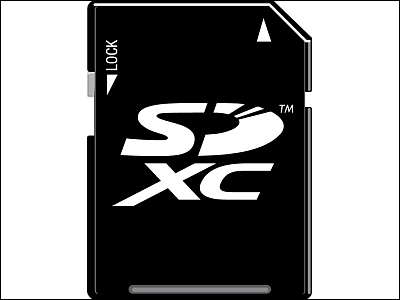Engineer insists that there is no meaning of performance improvement in 'A2 standard correspondence' of microSD card

The single board computer '
A2-class microSD cards offer no better performance for the Raspberry Pi | Jeff Geerling
https://www.jeffgeerling.com/blog/2019/a2-class-microsd-cards-offer-no-better-performance-raspberry-pi
Raspberry Pi is a general purpose computer that reads and writes very small files. Therefore, based on the conventional sequential access speed, microSD card specifications such as “Reading and writing 10 MB or more per second” and “Reading and writing 30 MB or more per second” are useless, and a specific microSD card is Raspberry Pi It was difficult to determine if it was suitable for
However, in recent years more and more people are using microSD card for additional storage of smartphones and tablets, or system boot volume of devices such as Raspberry Pi. In these scenarios, not the sequential access speed, but the random access speed to directly access the target data in the storage device becomes important.
Therefore, the SD Association of the standards group that formulates the industry guiding memory card standard has formulated the application performance classes “A1” and “A2” and clarified the minimum criteria for random access speed in each class. The following image is the performance table of A1 and A2. IOPS , which indicates the number of I / O accesses that can be processed by the disk per second, is 1500 IOPS for A1, 500 IOPS for writes, 4000 IOPS for A2, and 2000 IOPS for A2.

As this kind of performance standard is very useful, Mr. Gilling decided to purchase several A2-compliant microSD cards and check the performance of the Raspberry Pi. The 2000 IOPS number for 4K file write speeds is specs comparable to SSDs on old Serial ATA .
Ms. Gering originally used the old microSD cards ' SanDisk Extreme 16GB ', ' Samsung microSD PRO Plus 32GB ' and ' Samsung microSD EVO Plus 32GB ' and the newly purchased ' SanDisk Extreme 64GB A2 ' and ' Lexar Pro 128GB A2 '. Perform benchmark test using.

The graph below shows the test results. The upper graph shows the reading speed of 4K files and the lower writing speed, and all microSD cards compatible with the A2 standard fell below the minimum standards established by the SD Association. Apart from reading speed of Lexar Pro A2, not only half of the standard is met, but there are also cases where older microSD cards purchased several years ago have higher specs.

This time the benchmark test was carried out by installing microSD card in Raspberry Pi, but Gieling also investigated whether the difference might be seen if microSD card is installed in other devices. He also ran benchmark tests on Core i7-based 13-inch MacBook Pros and Core i5-based 13-inch MacBook Pros as well, but the results were virtually unchanged.
In addition, Gieling tried using microSD card reader with USB Type-C hub, using SD card reader made by Samsung or Lexar, or using SD card reader with built-in MacBook Pro in various conditions. Yes, but the performance of A2 compliant microSD cards has been consistently low.
In conclusion, Mr. Guering concluded that 'A2 standard is fucking', and if the microSD card maker or the SD Association wants to refute his opinion, the specification that the microSD card compatible with A2 standard is used is demonstrated Insist that I want you to teach me how to do it. 'A2 standard correspondence' tortured microSD card is price close to twice of conventional microSD card, but Mr. Guiling 'Please save money for the difference for' do not buy A2 standard compliant microSD card '.

Related Posts:
in Hardware, Posted by log1h_ik







